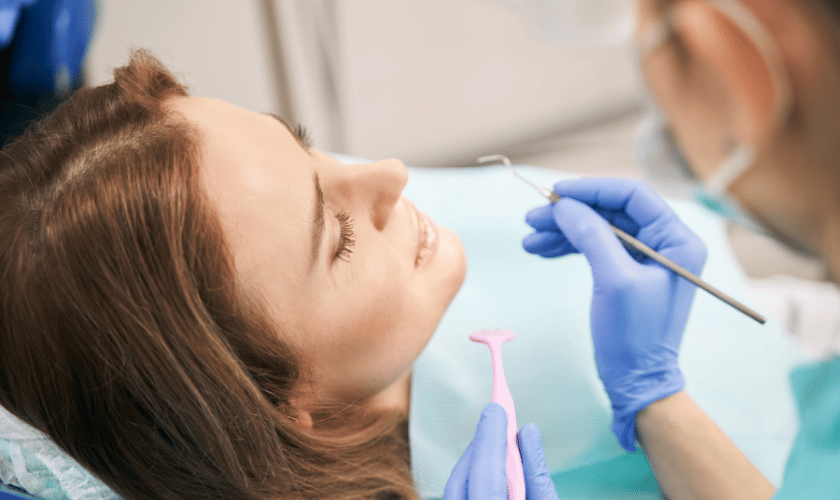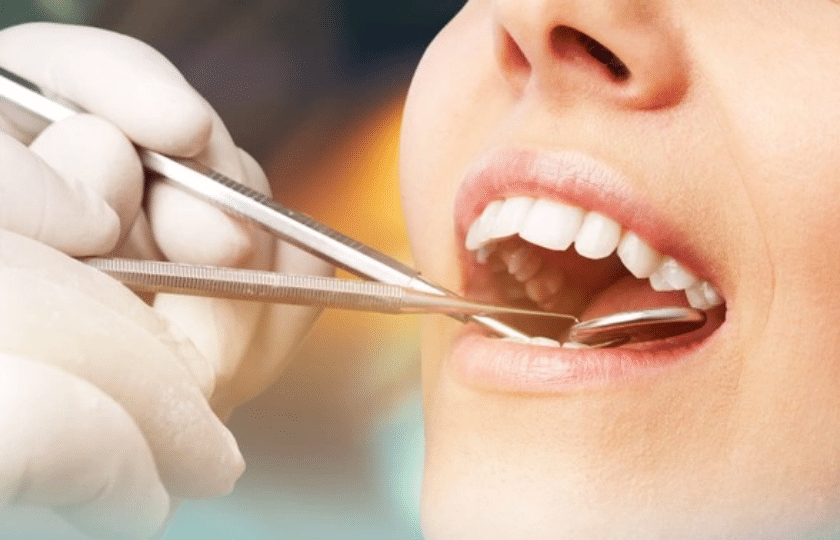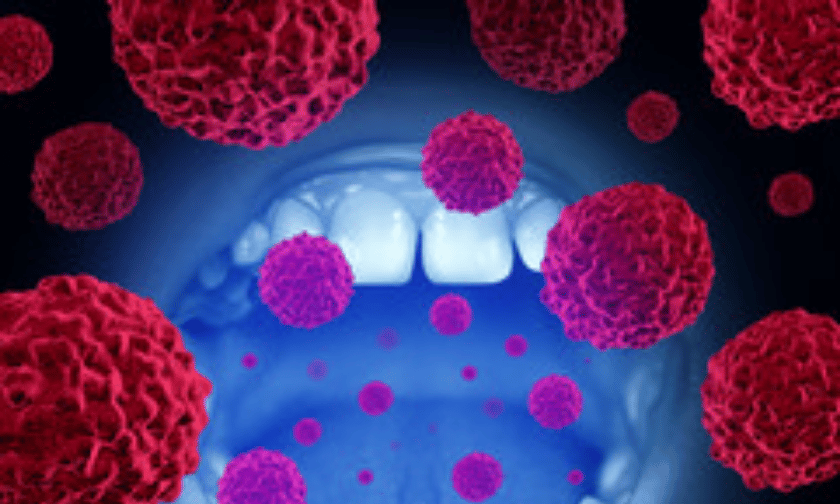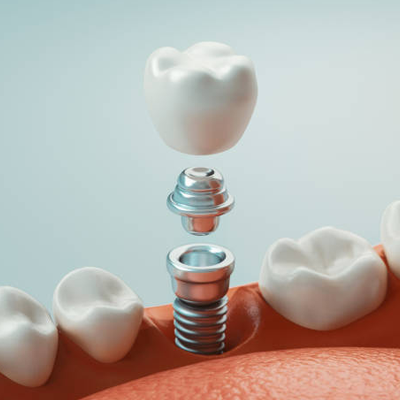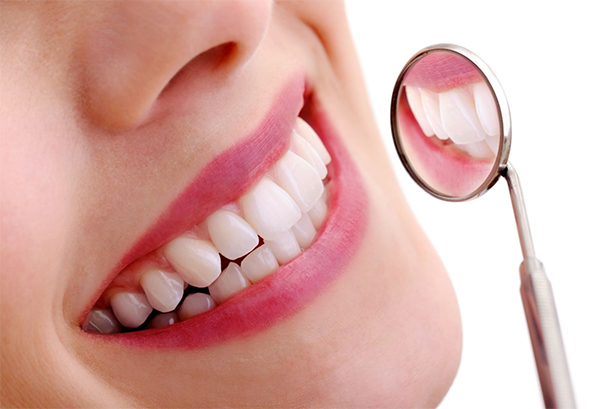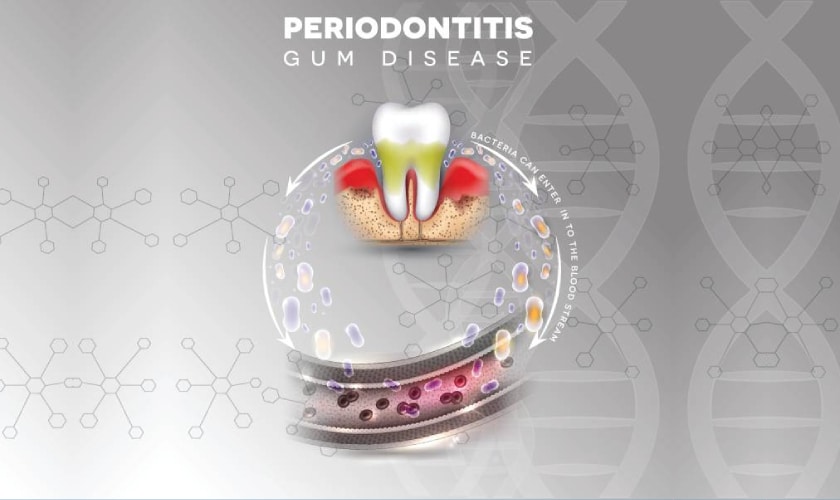
Periodontitis, also known as gum trouble, is a terrible gum infection that spoils the soft tissue and if left untreated, can destroy the alveolar bone that renders support to your teeth. This, in fact, may heighten the probability of heart attack, stroke, and other health troubles. The name “Periodontitis” denotes “inflammation around the tooth.” Periodontitis can cause teeth to loosen or result in gradual tooth loss.
Let’s find out its Symptoms!
Symptoms and signs of Periodontitis are usually: swollen or puffy gums, gums bleeding often, gums turning to bright red, dusky red or purplish, bad breath, pain while you chew, loose teeth or loss of teeth, pus between your teeth and gums, change in the way your teeth fit together whenever you bite.
Its Causes
Our mouths are filled with bacteria. In the majority of cases, the build-up of Periodontitis begins with a plaque which is a sticky, colorless layer that is made up of usual bacteria along with mucus and various particles. If you don’t see your dentist at the right moment, then that plaque can harden to form tartar and eventually progress to Periodontitis.
How Is Gum Trouble Treated at McKinney, TX?
We do render you the best Periodontal Therapy in McKinney, TX! Treatment may be done by a Periodontist, a dentist, or a dental hygienist. The actual aim of treatment is to stop the infection and to enhance the bonding of healthy gums to teeth. The number and kinds of treatment will differ, based on the advancement of the gum problem, how you may have responded to your previous treatments, and your health status. Options vary from nonsurgical treatment that blocks bacterial growth to surgery to revitalize supportive tissues.
The dentist at Custer Creek Dental Care will thoroughly clean the pockets around teeth to prevent damage to the surrounding bone. If your Periodontitis isn’t in the advanced phase, then there are non-surgical treatments also which may involve less invasive methods such as scaling, root planning, or intake of oral Antibiotics. And if your Periodontitis is in an advanced stage, then treatment may involve dental surgery which comprises: Flap surgery (pocket reduction surgery), bone grafting, soft tissue grafting, guided tissue regeneration, and tissue-stimulating proteins. Your doctor will address your problems and draft a suitable treatment plan.
Prevention and Care
You have the best chance for successful treatment when you always follow a good oral regimen which includes: brushing your teeth for two minutes at least twice regularly, flossing at least once a day, using a good antibacterial mouth-wash, and maintaining a well-balanced diet. Also, quit smoking and try to reduce stress. Remember to see your dentist for cleanings, normally after every six to 12 months.


